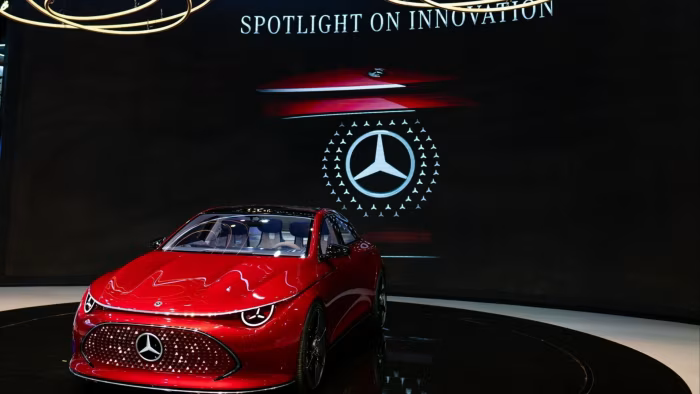The Shanghai Auto Show, running from April 23 to May 2, is set to become a pivotal stage for the global automotive industry, as over 70 Chinese and international brands unveil more than 100 new or updated models.
The event reflects both the vibrancy and complexity of China’s electric vehicle (EV) sector—the world’s largest—amid increasing regulatory scrutiny and intensifying competition.
Leading Chinese automakers such as BYD and Geely will be in the spotlight, alongside global names like Volkswagen, Toyota, and General Motors’ Cadillac. A key focus of the event will be the unveiling of numerous electric crossovers designed to challenge the dominance of Tesla’s Model Y, whose market share in China has declined in recent years.
At the same time, the showcase comes under the cloud of a regulatory clampdown on autonomous driving technologies following a high-profile crash involving Xiaomi’s SU7 electric sedan in March. In response, Chinese authorities have tightened rules on how driver-assistance features can be promoted, discouraging terms like “autonomous” or “smart driving.” Automakers now face stricter approval requirements for software updates and must adjust marketing strategies accordingly.
Companies such as BYD, which recently made headlines by offering its “God’s Eye” driver-assistance system as standard even in low-cost models, are now shifting their messaging to highlight driver responsibility and safety. Zeekr, a subsidiary of Geely, originally planned to emphasize its new Level 3 driver-assistance capabilities but will now pivot to focus on hybrid models and battery advancements.
China’s regulators are also revising battery safety standards, aiming to mitigate risks of fires and explosions. These changes come amid rapid growth in “new energy vehicle” sales—a category that includes battery-electric and plug-in hybrid vehicles—which now account for more than half of all new vehicle purchases in China, surpassing targets originally set for 2030.
Despite regulatory challenges, competition remains fierce. Numerous Chinese-made electric crossovers debuting this week are positioned to compete directly with the Tesla Model Y, offering advanced features and lower prices. Brands such as Xpeng and Zeekr are showcasing vehicles with fast-charging capabilities, intelligent driving systems, and enhanced in-car entertainment.
Foreign automakers are also ramping up efforts to reestablish their footing in China’s fast-changing auto landscape. Companies like Volkswagen and Toyota are adopting localized strategies, partnering with domestic firms to tailor products specifically for Chinese consumers. For example, Audi will present its first model under a China-only sub-brand, while Mercedes-Benz and BMW are leveraging their local R&D teams to bring updated electric platforms to market.
Joint ventures between international and Chinese automakers are increasingly driven by Chinese technological input. Models like the Mazda EZ-6 and Toyota bZ3X are built on Chinese-developed platforms, signaling a shift in the traditional direction of innovation.
Analysts suggest the Shanghai Auto Show will be a litmus test for whether foreign brands can regain ground in a market where domestic players, particularly BYD, have surged ahead. Global manufacturers, while still significant players, now hold just 31% of China’s car market—down from 64% in 2020.
The Financial Times and Reuters contributed to this report.










The latest news in your social feeds
Subscribe to our social media platforms to stay tuned